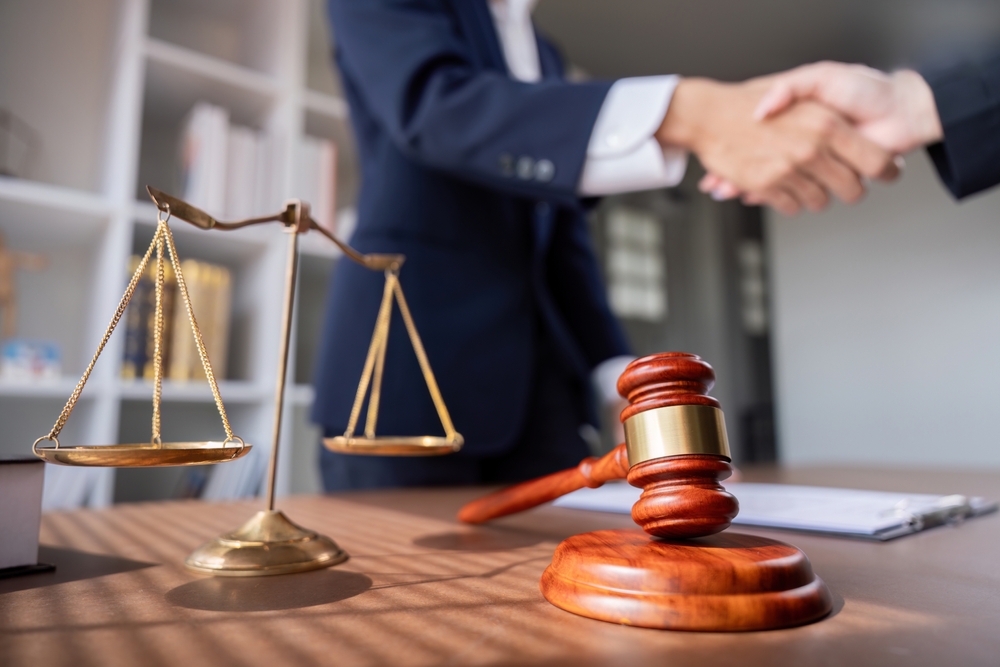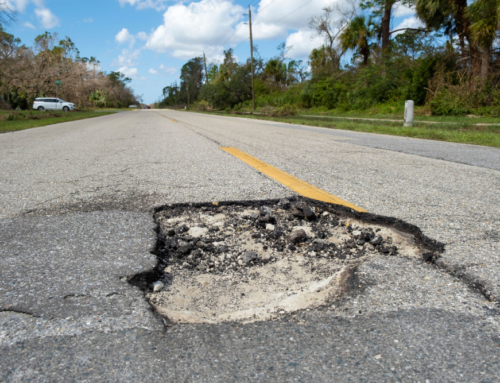Choosing the right personal injury lawyer can make all the difference in the outcome of your case. With so many lawyers available, finding the one that best suits your needs can be a daunting task. This article aims to guide you through the process, ensuring that you select a lawyer who is experienced, trustworthy, and dedicated to achieving the best possible results for your case.
Understanding Your Needs
Identifying Your Case Type
The first step in choosing the right personal injury lawyer is to understand the specifics of your case. Personal injury law covers a broad range of incidents, including car accidents, slip and falls, medical malpractice, and workplace injuries. Identifying your case type helps narrow down your search to lawyers who specialize in that particular area of personal injury law.
Specialization is crucial because different types of personal injury cases require different skills and knowledge. For example, a lawyer who specializes in medical malpractice will have a different expertise than one who primarily handles car accident cases. Knowing the nature of your case ensures that you find a lawyer with the relevant experience and knowledge.
Assessing the Severity of Your Injury
Another important consideration is the severity of your injury. Cases involving serious or long-term injuries require a lawyer who has experience with complex cases and understands how to calculate fair compensation for extensive medical treatments, lost wages, and other long-term impacts. On the other hand, for less severe injuries, a general personal injury lawyer with a broad range of experience may be sufficient.
Understanding the severity of your injury helps you determine the level of expertise required from your lawyer. This consideration ensures that you select someone capable of effectively advocating for the full extent of your damages.
Researching Potential Lawyers
Seeking Recommendations and Referrals
One of the best ways to find a reputable personal injury lawyer is through recommendations and referrals. Ask friends, family members, or colleagues if they have had positive experiences with personal injury lawyers. Personal referrals can provide insights into a lawyer’s professionalism, effectiveness, and interpersonal skills.
Online reviews and testimonials can also be valuable resources. Websites such as Avvo, Martindale-Hubbell, and Google Reviews offer insights into other clients’ experiences. Pay attention to recurring themes in reviews, both positive and negative, to gauge a lawyer’s strengths and potential weaknesses.
Checking Credentials and Experience
Once you have a list of potential lawyers, it’s essential to check their credentials and experience. Verify their education, bar admissions, and any professional associations they belong to. Experience is particularly crucial in personal injury cases, so look for a lawyer with a track record of successfully handling cases similar to yours.
Additionally, consider whether the lawyer has experience with both settlements and trials. While many personal injury cases are settled out of court, it’s important to have a lawyer who is prepared to take your case to trial if necessary. A lawyer with trial experience can often negotiate better settlements because insurance companies know they are willing and able to go to court.
Evaluating Communication and Compatibility
Initial Consultations
Most personal injury lawyers offer free initial consultations. This meeting is an opportunity to assess the lawyer’s communication style, professionalism, and compatibility with you. During the consultation, pay attention to how the lawyer listens to your concerns, answers your questions, and explains the legal process.
A lawyer who takes the time to understand your case and provides clear, thoughtful responses is likely to be a strong advocate. Additionally, consider whether you feel comfortable with the lawyer. Personal injury cases can be lengthy and emotionally challenging, so it’s important to have a lawyer with whom you feel at ease and can communicate openly.
Assessing Responsiveness and Availability
Effective communication is key to a successful attorney-client relationship. Inquire about the lawyer’s availability and how they prefer to communicate—whether by phone, email, or in-person meetings. A lawyer who is responsive and keeps you informed about the progress of your case is invaluable.
Ask about their current caseload to ensure they have the time and resources to dedicate to your case. A lawyer who is overburdened with too many cases may not be able to provide the attention your case requires.
Understanding Legal Fees and Costs
Fee Structures
Personal injury lawyers typically work on a contingency fee basis, meaning they only get paid if you win your case. This fee is usually a percentage of the settlement or award. During your initial consultation, discuss the lawyer’s fee structure and any additional costs you might be responsible for, such as court fees or expert witness fees
Understanding the fee structure upfront helps avoid surprises later and ensures that you are comfortable with the financial arrangement. A reputable lawyer will provide a clear, written agreement detailing the fee structure and any additional costs.
Evaluating Value for Money
While cost is an important consideration, it should not be the sole factor in choosing a lawyer. The cheapest option may not always be the best, and an experienced lawyer who charges a higher fee may provide better value by securing a larger settlement or award.
Consider the lawyer’s track record, expertise, and the level of service they offer. A lawyer who is dedicated to your case and provides personalized attention is often worth the higher fee. The goal is to find a lawyer who offers a balance of quality and affordability.
Making Your Decision
Weighing Pros and Cons
After conducting thorough research, consulting with potential lawyers, and understanding their fee structures, it’s time to make a decision. Weigh the pros and cons of each lawyer, considering factors such as experience, communication style, compatibility, and cost.
Trust your instincts. Choose a lawyer who not only meets the practical criteria but also makes you feel confident and supported. This trust and confidence will be crucial as you navigate the legal process together.
Trusting Your Instincts
Ultimately, the right personal injury lawyer for your case is someone who instills confidence and trust. This lawyer will be your advocate, fighting for your rights and ensuring that you receive the compensation you deserve. Take the time to make an informed decision, and trust your instincts when choosing the lawyer who will represent you.
Conclusion
Choosing the right personal injury lawyer is a critical decision that can significantly impact the outcome of your case. By understanding your needs, researching potential lawyers, evaluating communication and compatibility, and understanding legal fees, you can make an informed choice.
If you or a loved one has been injured and you need experienced legal representation, contact Payas, Payas, and Payas for a free consultation. Our dedicated team of personal injury lawyers is committed to providing the highest level of service and achieving the best possible results for our clients. Act now to protect your rights and secure the compensation you deserve.








